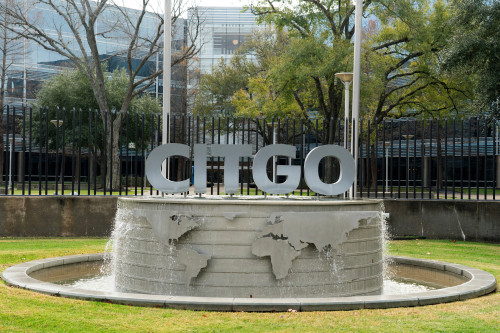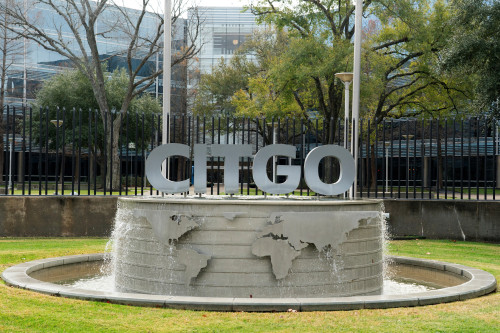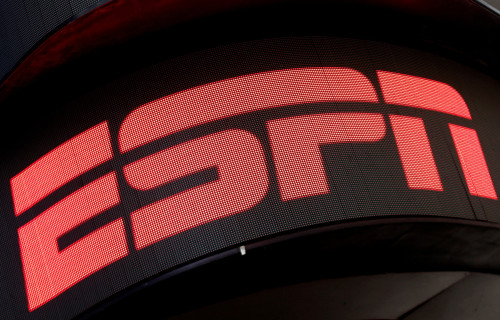By Brendan Pierson
(Reuters) -A lawyer for San Francisco’s public school system on Monday kicked off a long-awaited trial against Altria Group Inc, saying the tobacco giant helped e-cigarette company Juul Labs Inc create a “crisis” of vaping addiction among teenagers.
“This case is about Altria, the largest cigarette company in our country, who helped hook a whole new generation of our young people on nicotine, causing a vaping crisis, a youth epidemic,” Thomas Cartmell, a lawyer for the San Francisco Unified School District, told jurors in San Francisco federal court.
Beth Wilkinson, a lawyer for Altria, told the jury in her opening statement that the company had aimed to boost sales among cigarette smokers seeking a less harmful option, not among teens.
“You can’t forget about those smokers,” she said. “If you can get smokers away from cigarettes, it’s a worthy cause.”
The school district had also sued Juul, which settled that lawsuit last year. Cartmell told jurors that Altria, which was Juul’s largest investor from 2018 until earlier this year, was “at the heart” of Juul’s strategy to grow its business by appealing to teenagers with sweet flavors and flashy advertising.
Cartmell said Altria made a large investment in Juul after unsuccessfully trying to market its own e-cigarettes, and knew from the beginning that Juul’s success was driven by youth. Juul’s e-cigarette, with its “high-tech” look, was “marketed to appeal to the young, cool, popular crowd,” and “packed with nicotine,” he said.
Thanks to Altria and Juul, Cartmell said, school staff now “have to spend precious time dealing with rampant vaping in school.” The district is seeking to force Altria to pay for the costs of addressing the vaping problem.
Wilkinson said the evidence would not support Cartmell’s account. She said that Juul sales actually fell in the period after Altria made its investment, showing that Altria could not have been behind any surge in youth vaping, and noted that the investment happened only after Juul pulled most of its flavored products off retail shelves.
Wilkinson also said that a strategy targeting users under 18, who are not legally allowed to buy e-cigarettes, would make no sense since Juul and Altria both knew both knew they would not be able to get FDA approval if they were marketing to teens.
Altria faces thousands of similar cases from individuals, local government entities and states. The San Francisco schools’ lawsuit was chosen to go to trial as a test case, the second lawsuit over Juul to go to trial.
The first trial, in a case brought by the state of Minnesota, ended in a settlement last week as it was nearing its end. The terms have yet to be disclosed.
Juul has settled most of the litigation against it, paying more than $1 billion to 48 states and territories $1.7 billion to individuals and local government entities.
Altria last month announced that it had given up its 35% stake in Juul in exchange for licenses to some of Juul’s intellectual property. As of December, its share of Juul was valued at $250 million, down from $12.8 billion in 2018.
Juul in 2019 pulled most of its e-cigarette flavors from the market altogether and halted much of its advertising under pressure from regulators. The U.S. Food and Drug Administration last June briefly banned the products, though it put the ban on hold and agreed to reconsider after the company appealed.
The head of the FDA’s center for tobacco products said last year that adolescent e-cigarette use in the United States remained at “concerning levels” and posed a serious public health risk.
(Reporting By Brendan Pierson in New York, Editing by Alexia Garamfalvi and David Gregorio)





